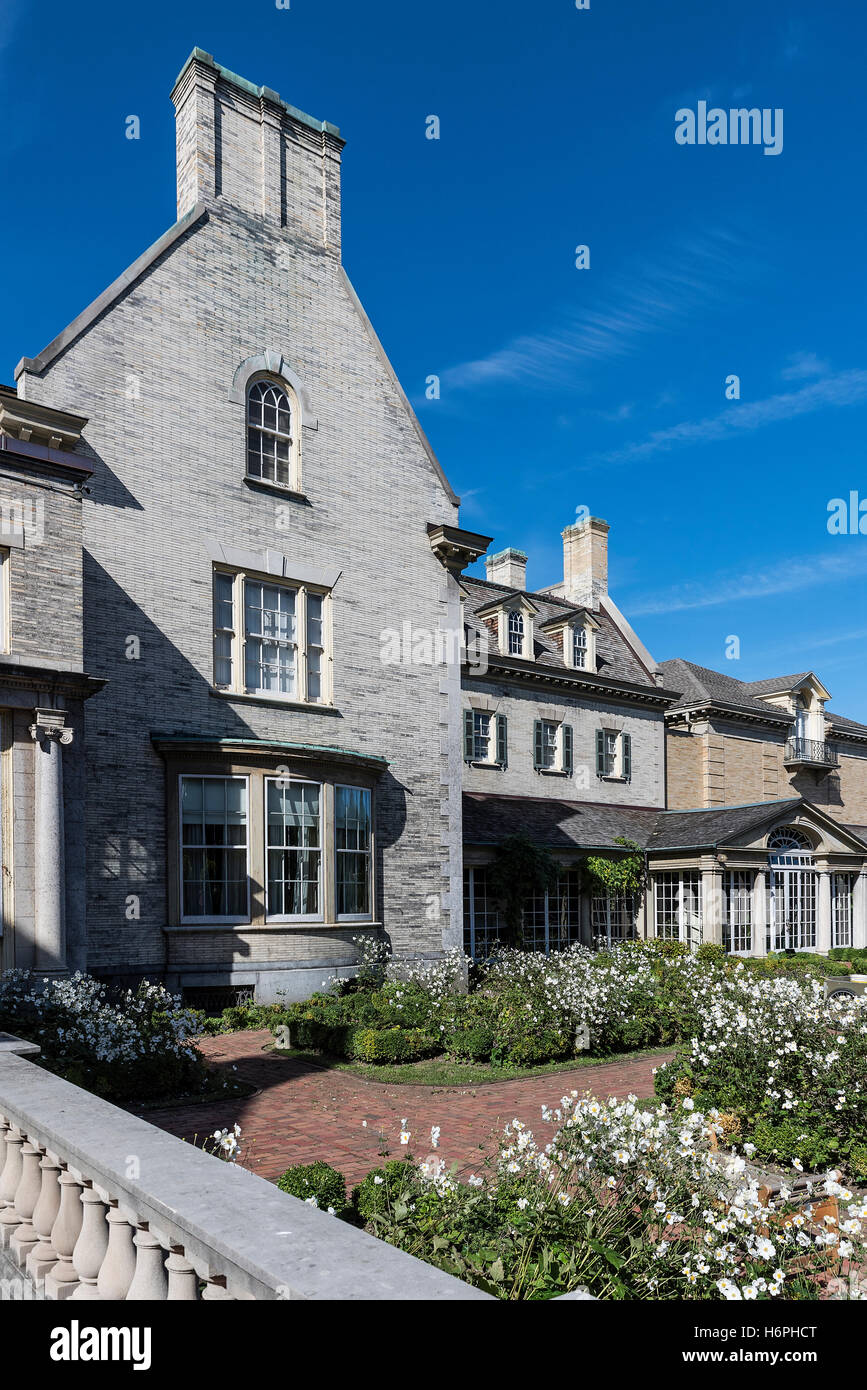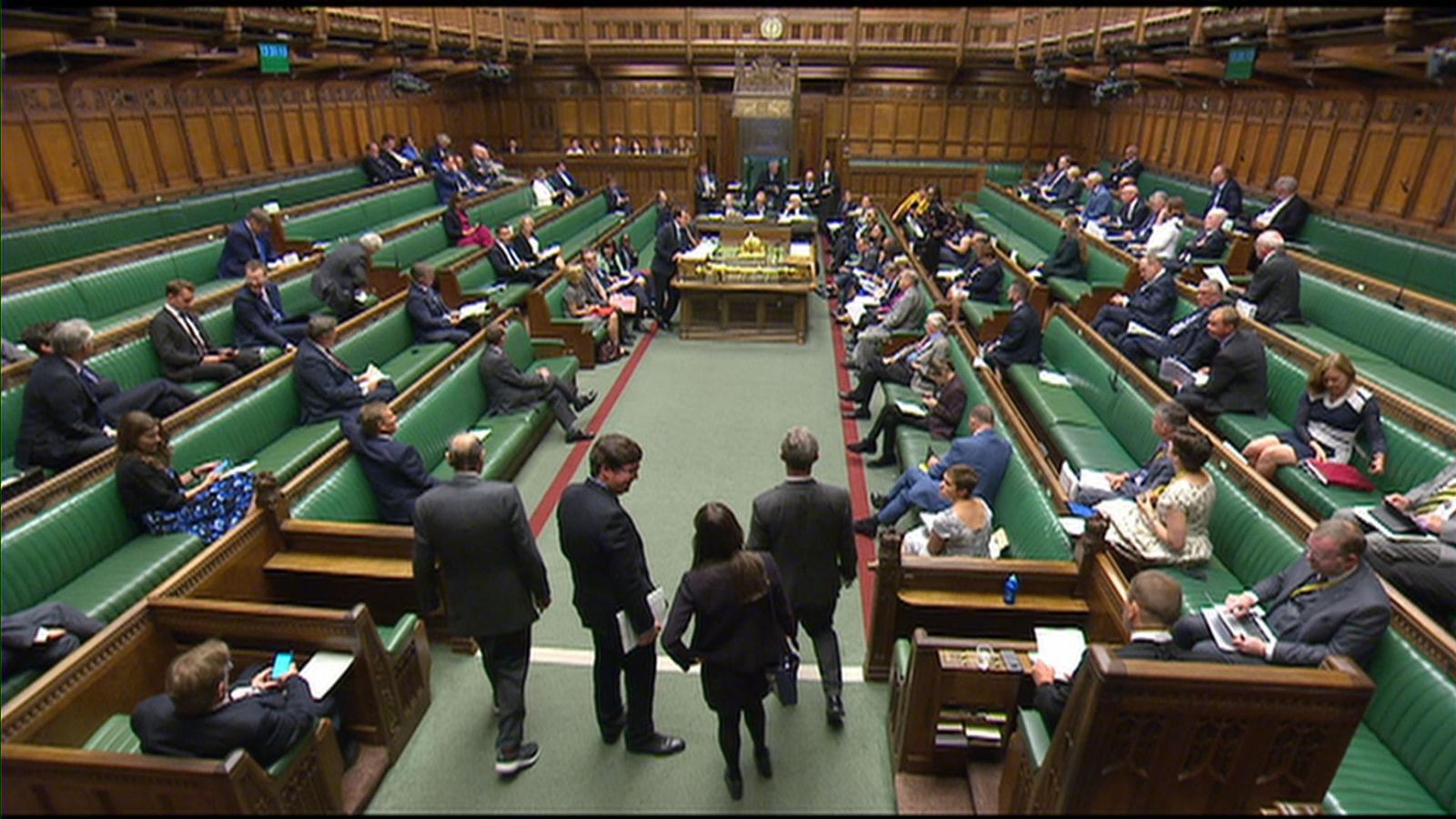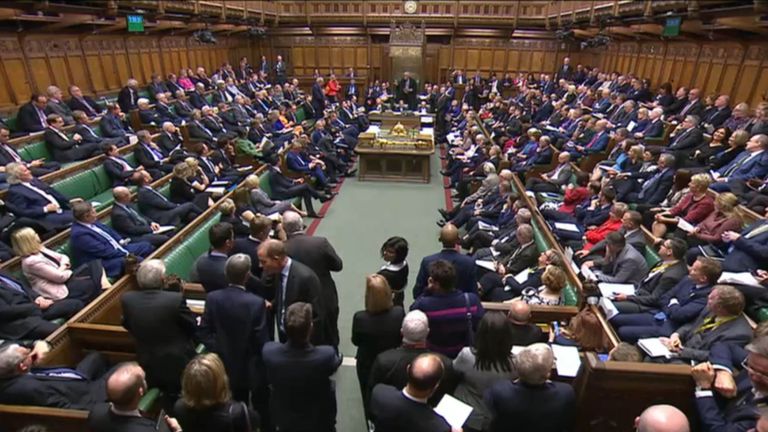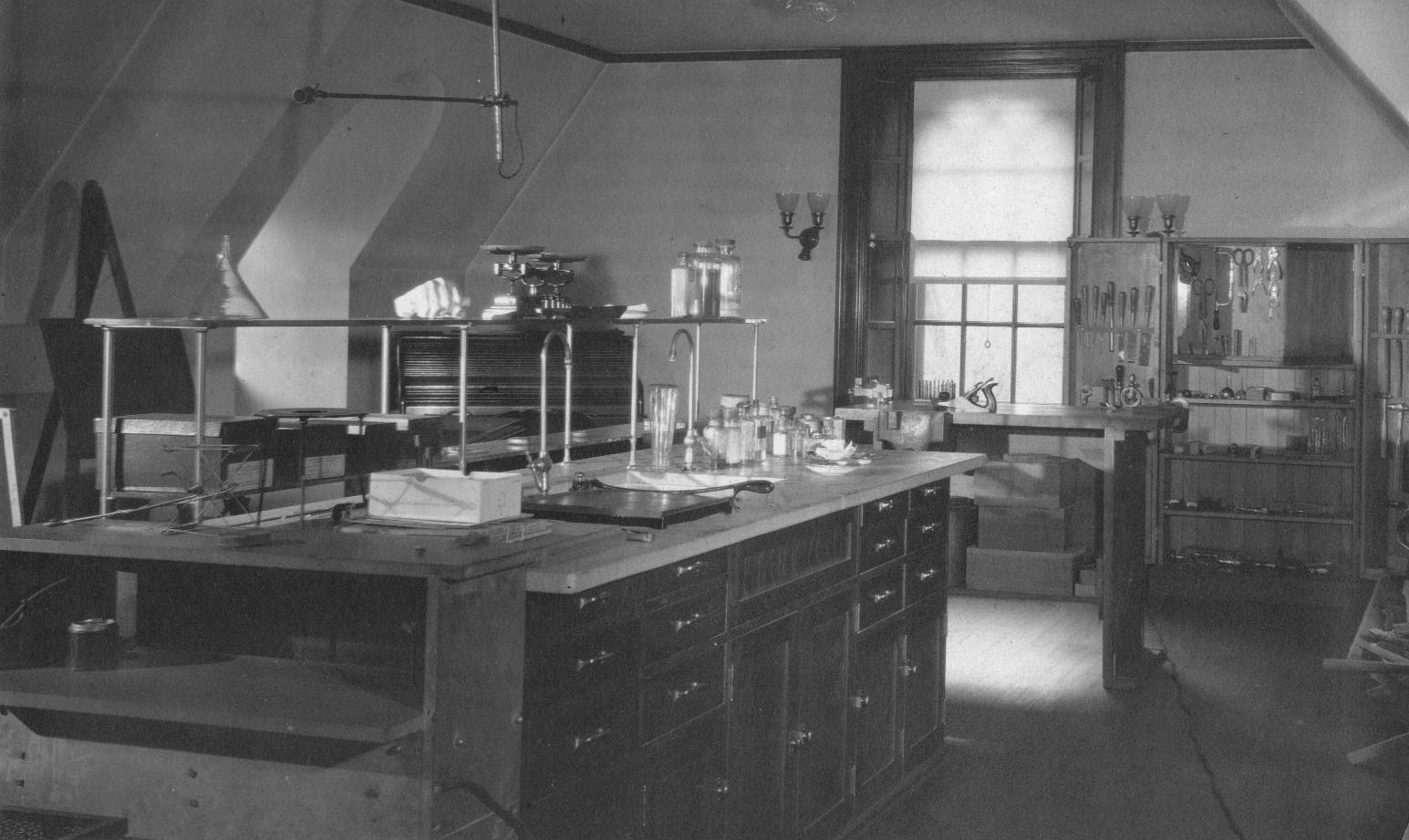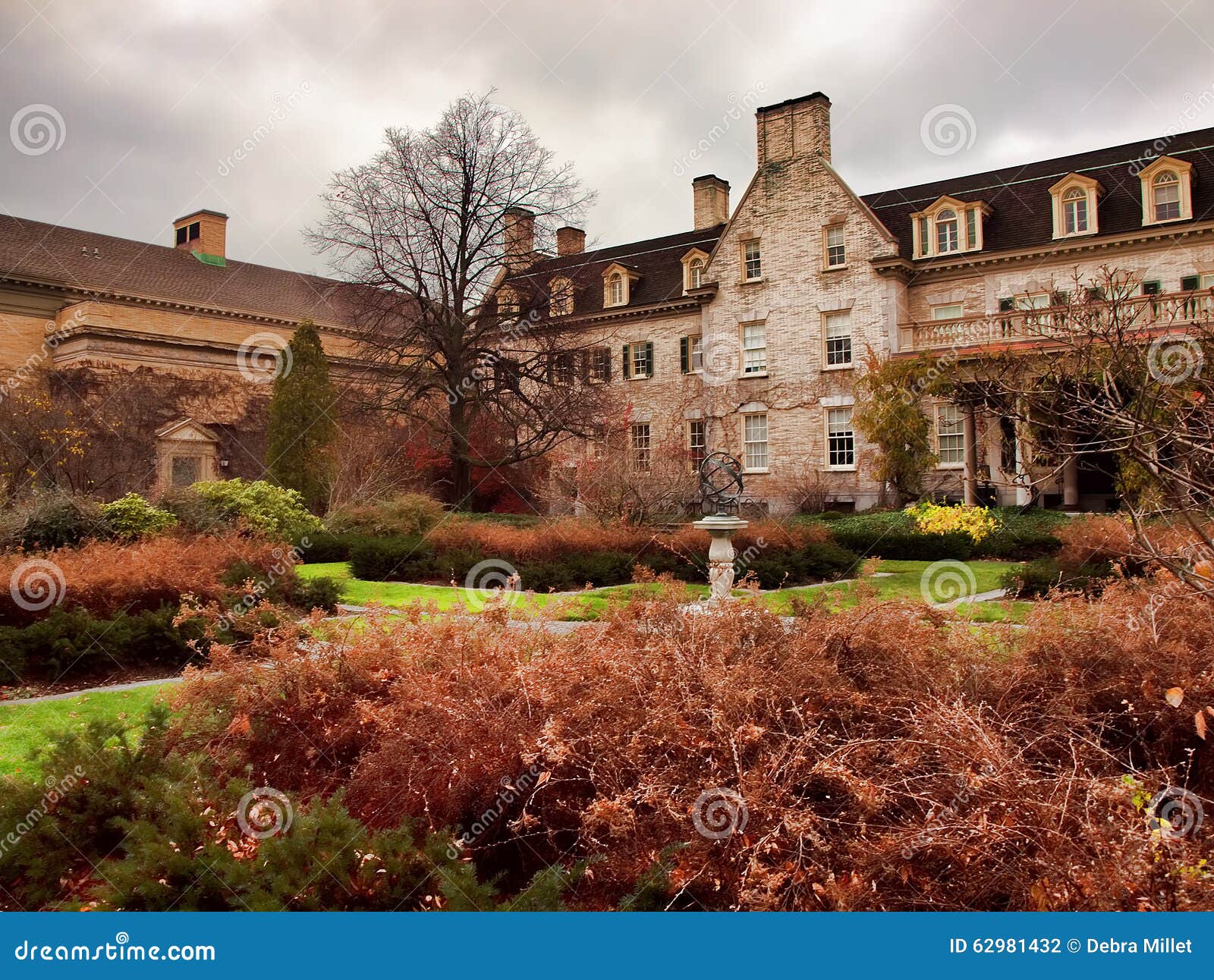Table Of Content
However, over the years, gentrification has brought new development and businesses to the area, revitalizing this once-avoided area of DTLA. Some people think they should avoid Downtown Los Angeles, also known as DTLA, due to its infamous traffic and the reputation of Skid Row. As you explore this part of town, you’ll discover gems like Koreatown, Chinatown, Little Tokyo, and the Arts District.
What are some popular beaches in Los Angeles, CA?

If the Prime Minister loses the support of the House of Commons, Parliament will dissolve and a new election will be held. Parliaments can also be dissolved if two-thirds of the House of Commons votes for an early election. The Irish republicans responded by declaring the elections to these home rule Parliaments, held on the same day in 1921, to be the basis of membership for a new Dáil Éireann. While the elections in Northern Ireland were both contested and won by Unionist parties, in Southern Ireland, all 128 candidates for the Southern Irish seats were returned unopposed.
Lords Temporal
Coming up in the Commons 25 – 26 March - Committees
Coming up in the Commons 25 – 26 March.
Posted: Fri, 22 Mar 2024 14:05:43 GMT [source]
After the English Reformation's high point in 1539, only the archbishops and bishops continued to attend, as the Dissolution of the Monasteries had just disposed of and suppressed the positions of abbot and prior. In 1642, during the few gatherings of the Lords convened during English Interregnum which saw periodic war, the Lords Spiritual were excluded altogether, but they returned under the Clergy Act 1661. The Lords' judicial functions originated from the ancient role of the Curia Regis as a body that addressed the petitions of the King's subjects. The functions were exercised not by the whole House, but by a committee of "Law Lords". The bulk of the House's judicial business was conducted by the twelve Lords of Appeal in Ordinary, who were specifically appointed for this purpose under the Appellate Jurisdiction Act 1876.
Women’s Twentieth Century Club
The most numerous are the Lords Temporal, consisting mainly of life peers appointed by the sovereign on the advice of the prime minister,[10] plus up to 92 hereditary peers. The less numerous Lords Spiritual consist of up to 26 bishops of the Church of England. Before the establishment of the Supreme Court of the United Kingdom in 2009, the House of Lords performed judicial functions through the law lords. The membership of these bodies, like that of the standing committees, reflects the strength of the parties.
The 5 most unique gas stations in Los Angeles
Each voter assigns one vote for one candidate, and the candidate with the most votes in each constituency is elected as MP to represent their constituency. A party needs to win 326 constituencies (known as "seats") to win a majority in the House of Commons. If no party achieves a majority, then a situation of no overall control occurs – commonly known as a "Hung Parliament". In case of a Hung Parliament, the party with the most seats has the opportunity to form a coalition with other parties, so their combined seat tally extends past the 326-seat majority. Universal adult suffrage exists for those 18 and over; citizens of the United Kingdom, and those of the Republic of Ireland and Commonwealth nations resident in the United Kingdom, are qualified to vote, unless they are in prison at the time of the election. The term of members of the House of Commons depends on the term of Parliament, a maximum of five years; a general election, during which all the seats are contested, occurs after each dissolution (see below).
Site search
A Deputy Leader is also appointed by the Prime Minister, and takes the place of an absent or unavailable leader. Traditionally the House of Lords did not elect its own speaker, unlike the House of Commons; rather, the ex officio presiding officer was the Lord Chancellor. With the passage of the Constitutional Reform Act 2005, the post of Lord Speaker was created, a position to which a peer is elected by the House and subsequently appointed by the Crown. The first Lord Speaker, elected on 4 May 2006, was Helene Hayman, Baroness Hayman, a former Labour peer. He was succeeded as Lord Speaker by John McFall, Lord McFall of Alcluith, who is the incumbent Lord Speaker.
This so-called West Lothian question (so named because it was first posed in 1977 by the anti-devolutionist MP from West Lothian, Tam Dalyell) was addressed in 2015 by controversial legislation that established a new set of procedures known as English Votes for English Laws (EVEL). (Similarly, legislation aimed at England and Wales only was to be addressed first by English and Welsh MPs only.) When it was not clear whether a measure was an England-only matter, the speaker of the House of Commons was tasked with making that determination. The number of hereditary peers to be chosen by a political group reflects the proportion of hereditary peers that belonged to that group (see current composition below) in 1999. When an elected hereditary peer dies, a by-election is held, with a variant of the Alternative Vote system being used. Other public bills cannot be delayed by the House of Lords for more than two parliamentary sessions, or one calendar year. These provisions, however, only apply to public bills that originate in the House of Commons, and cannot have the effect of extending a parliamentary term beyond five years.
More Los Angeles architecture stories
The popular cause of reform, however, was not abandoned by the ministry, despite a second rejection of the bill in 1832. Prime Minister Charles Grey, 2nd Earl Grey advised the King to overwhelm opposition to the bill in the House of Lords by creating about 80 new pro-Reform peers. William IV originally balked at the proposal, which effectively threatened the opposition of the House of Lords, but at length relented. The King's Speech is delivered in the House of Lords chamber during the State Opening of Parliament. Another British import, this location of the Arts Club is backed by Gwyneth Paltrow and her business partner. The classy and slightly prudish establishment—swearing is strictly forbidden—would replace a West Hollywood commercial building that houses the Sunset Strip Hustler store.
LA architecture experts pick the city's most beautiful buildings
Eighty years later the same threat was used, again by a Liberal government, to compel the Lords to approve the Parliament Act of 1911, which enabled a majority of the House of Commons to override the Lords’ rejection of a bill. Under this act, the House of Lords lost the power to delay legislation passed by the Commons for the raising and spending of revenue; it also lost the power to delay other legislation for a period beyond two years (reduced in 1949 to one year). The act also reduced the maximum duration of a parliamentary session to five years. Royal assent of the Monarch is required for all Bills to become law, and certain delegated legislation must be made by the Monarch by Order in Council.
The chairman of committees, the principal deputy chairman of committees, and several chairmen are all deputies to the lord speaker, and are all appointed by the House of Lords itself at the beginning of each session. Each Member of Parliament (MP) is chosen by a single constituency by the First-Past-the-Post electoral system. There are 650 constituencies in the United Kingdom, each made up of an average of 65,925 voters. The First-Past-the-Post system means that every constituency elects one MP each (except the constituency of the Speaker, whose seat is uncontested).
In the case of grave disorder, the Speaker may adjourn the house without taking a vote. Sittings of the house are open to the public, but the house may at any time vote to sit in private, which has occurred only twice since 1950. More often, however, this device was used to delay and disrupt proceedings; as a result, it was abolished in 1998. Now, members seeking that the house sit in private must make a formal motion to that effect. The resulting general election returned a hung parliament, but Asquith remained prime minister with the support of the smaller parties. Following a further election in December 1910, the Asquith Government secured the passage of a bill to curtail the powers of the House of Lords after threatening to flood the house with 500 new Liberal peers to ensure the passage of the bill.
